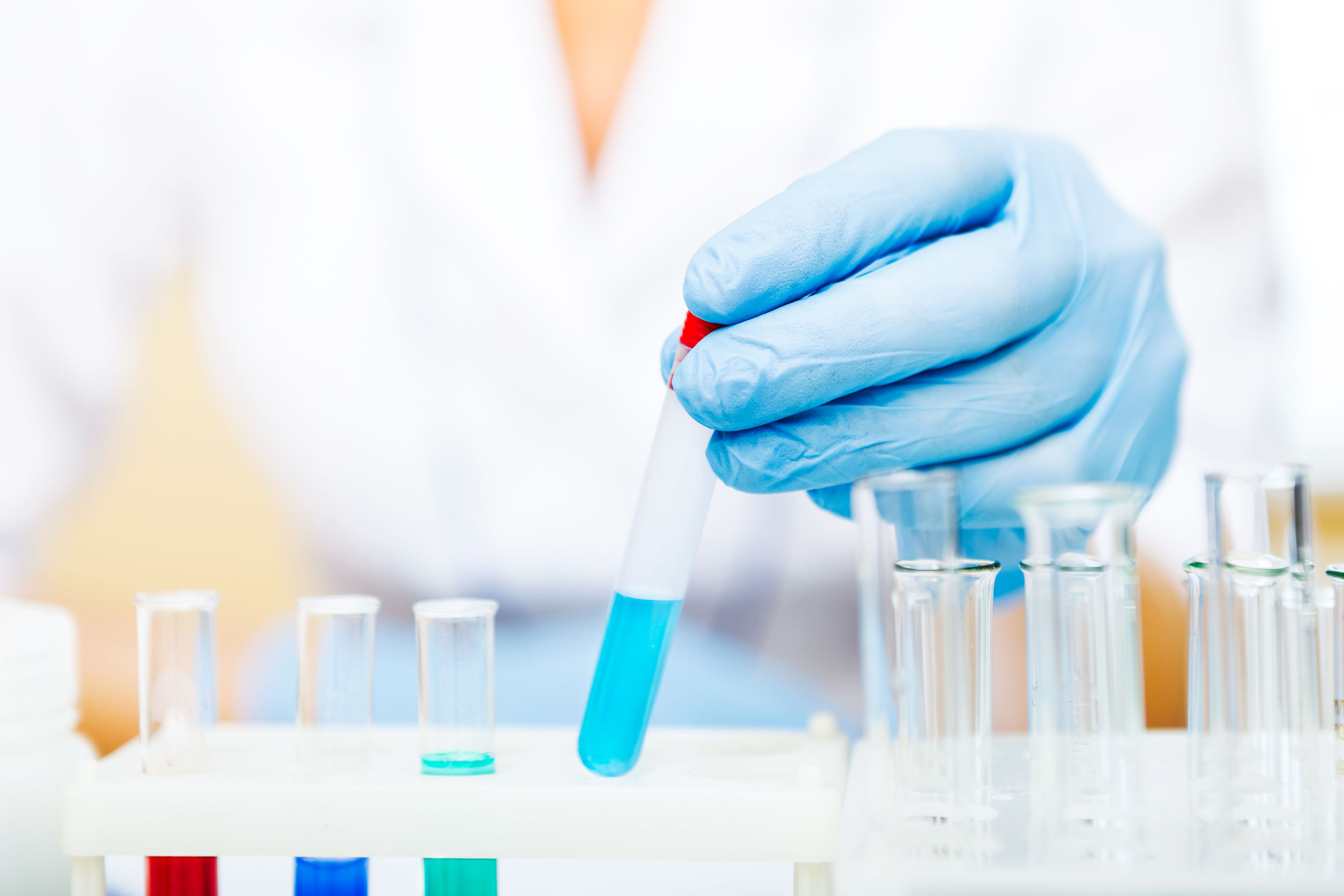Your Plan of Action – the natural approach
Look for the underlying cause such as stress, underweight, nutrient deficiencies, thyroid conditions and other causes of hormonal imbalance
A good B complex may be useful plus eating a healthy diet including a variety of nuts and seeds
Herbs may be particularly useful in regulating the cycle – Do not take herbs without supervision
Best Test options: Hormonal analysis, Thyroid tests
Suffering from irregular periods is a fairly clear indication that your hormones have become imbalanced. There are a variety of reasons for this and also many ways to address the imbalance. Many women are unconcerned about having irregular cycles until they begin trying for a baby, but other women find it very difficult to plan without knowing when their periods could appear.
You should talk to your doctor about possible causes of spotting during periods or irregular cycle and keep up to date with regular cervical smear tests. If you have no periods, it is essential to see you doctor or gynaecologist. Women should have periods when they are not pregnant unless they are post-menopausal. If you have no periods, you will not be getting exposure to natural levels of oestrogen each month which can have a detrimental effect on your bones, your brain health and many other systems.
Note that it is quite normal for periods to become irregular if you are approaching the menopause. Blood tests from your GP can confirm whether you are in the peri-menopause in which case you can read more here.
What are irregular periods?
Irregular periods are simply those that are not regular. If you suffer from irregular periods, you simply will not know when your period is going to appear. Cycles can vary from 23 to 35 days, but they are classed as regular if your periods occur at roughly the same time each cycle. So, even if your periods are, say, 35 days apart instead of the usual 28, but they always appear at day 35, they would be classified as being ‘normal’. Irregular periods can be extremely difficult or even impossible to track.
You could have
- Minor changes in cycle length e.g. from 27 days to 34 days
- Large gaps with no periods
- Some gaps and then periods coming too frequently for a while (for example, two in one month) followed by gaps again
- Gaps of no periods and then bleeding continuously for a few weeks
- Spotting in between period
- No period (amenorrhoea)
Causes of irregular periods
PCOS is the major cause of irregular periods and should be ruled out with blood tests from your GP and an ultrasound. Polycystic ovaries come on a spectrum, and you may not satisfy all the criteria for the full syndrome, but it may still be the cause of your irregular periods.
Your thyroid hormones are the master hormones and a thyroid condition should be ruled out in the case of irregular periods. Thyroid conditions are extremely common in women and most commonly diagnosed in women over 30.
Other hormonal imbalances can be caused by stress, excessive exercise, calorie restriction, being underweight and malabsorption of nutrients, particularly iron deficiency. Talk to our Nutritionist to try to identify the most likely cause of your hormonal imbalance.
You period can also become irregular or even be absent after major hormonal changes such as pregnancy, breastfeeding, miscarriage, fertility treatment or coming off the Pill. If you have no periods, it is important to rule out any serious underlying cause with your doctor. If no cause can be found, then the nutritional route can be a great support. Can Nutrition Help? We have excellent experience helping women to restore regular cycles and ovulation through dietary and lifestyle changes, using herbs and supplements where necessary. Balancing blood sugar is often the first step in hormonal balance and can be achieved by eating more regularly and opting for complex carbohydrates paired with protein and healthy fats. Avoiding foods high in sugar and reducing caffeine may be important for managing stress if that is a factor. Achieving a healthy weight may be critical depending on the underlying cause. B Vitamins These are often called the ‘stress’ vitamins because they can help you to cope with the pressures of everyday life. As stress can be such an important factor in causing irregular periods it is important that you have some help in dealing with it. Vitamins B2, B3 and B6 are also necessary for thyroid hormone production and B5 (pantothenic acid) is essential for optimum adrenal function. Both imbalances in thyroid function and stress can affect your cycle. B vitamins are found in a diverse range of foods but include wholegrains, pulses and leafy green veg. You can make sure you are getting a good supply of these vitamins with a good B-complex tablet. B vitamins are synergistic, which means that they work together. Magnesium may also be beneficial here; nuts and seeds are a good source. Antioxidants Antioxidants are particularly relevant with irregular periods. It is believed that antioxidants may help to prevent cells from becoming ‘abnormal’. This is extremely important if you have been diagnosed with thickening of the womb lining (endometrial hyperplasia). Antioxidants include vitamins A, C and E and the minerals zinc and selenium. Women with womb tumours have been shown to have less of both selenium and vitamin E than women without them. Include plenty of fruits and vegetables in your diet and focus on eating a wide variety. Include nuts and seeds daily to support mineral levels. Phytoestrogens Flaxseeds (linseeds), which are an excellent source omega-3 fatty acids and are a source of phytoestrogens, have been shown to encourage regularity of the cycle. Phytoestrogens work on beneficial oestrogen receptors in the body and can contribute to hormonal balance. Other sources of phytoestrogens are tempeh, oats, mung beans, fennel and pulses such as chickpeas. Tests A hormonal analysis (urine) can identify hormonal imbalances. We can look at hormones in the second half of your cycle or track the interplay between all the hormones throughout the cycle. This can look at how you are metabolising (breaking down) your oestrogen and if you are successfully getting rid of excess hormones through the liver. This test will also look at whether stress is a big feature for you in hormonal health. Do you want to know more about exactly what vitamins and minerals you need? Our Functional Nutritional Profile(blood) can help you to find out what you are deficient in so that you can restore yourself to balance.
Certain tests may be carried out by your GP. We can liaise with your doctor to provide nutritional support.
Herbs
Agnus castus (Vitex/Chastetree berry) stimulates and normalises the function of the pituitary gland which in turn helps to balance hormone output from the ovaries and to stimulate ovulation. Agnus castus may also be useful when there is an excess of prolactin which can be suppressing ovulation. Furthermore, it has been shown to reduce thickening of the lining of the womb (endometrial hyperplasia) and can be used on a preventative basis.
Herbal formulations of combined herbs that work synergistically can also be effective in hormonal balance. We work with herbalist and pharmacist Niamh Boden to support our patients.
Please note that herbs should not be used when taking hormonal medications, including fertility treatments or the oral contraceptive pill. Many other medications are also contraindicated. Use of herbs must be appropriately supervised.
Where to start?
Start making improvements to your diet as you can. Take a good B complex to begin. If you need further support or tailored advice, particularly in relation to supplements and herbs, it would be helpful to request an appointment with one of our qualified team.



